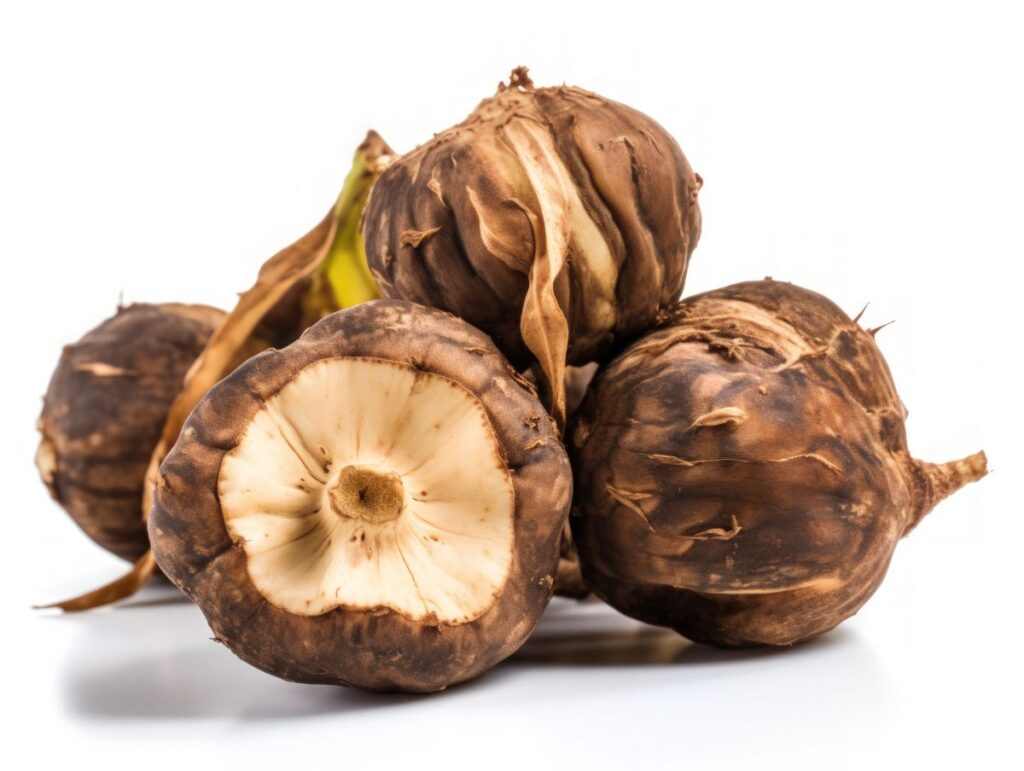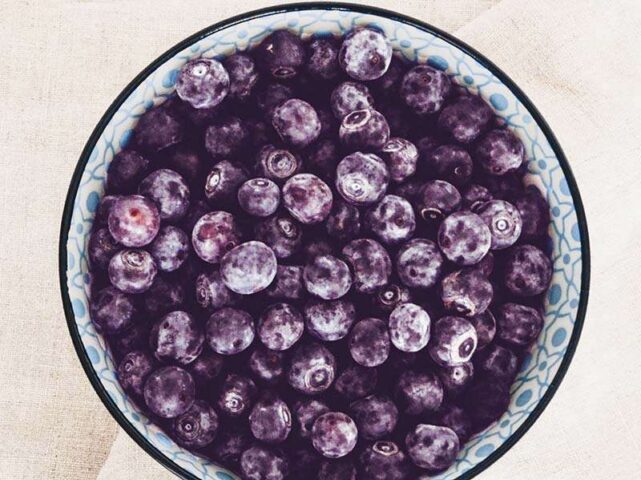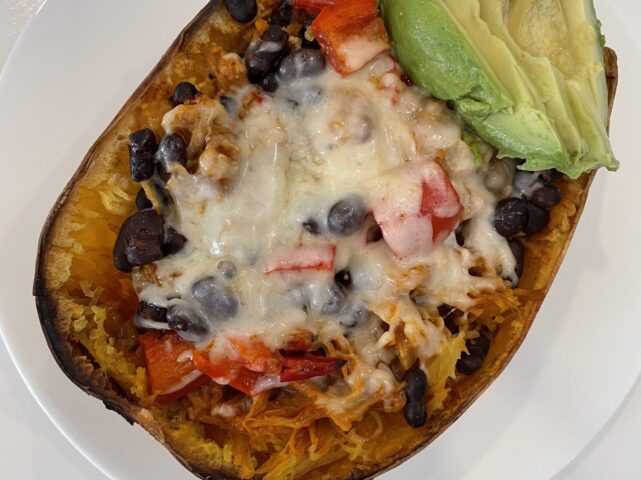Sunchokes: The Trending Super Veggie of 2020
Move Over Cauliflower!

Cauliflower is so 2019! There’s a new veggie gracing the menus of trendy restaurants all over the country. If you’ve been out to eat in NYC recently, you’ve probably seen sunchokes on the menu and thought “what are these and where do they come from?”
Sunchokes are commonly known as Jerusalem artichokes, although oddly they hold no connection to Jerusalem. In terms of the “sun” in its name, the flowers that grow off of the plant are yellow and resemble sunflowers. Helianthus tuberosus is its scientific name and this tuber is actually part of the daisy family. Tubers grows beneath the ground and include yams, potatoes, and taro. The first people to grow sunchokes were the Native Americans. Sunchokes seem to grow well in North America and were brought to Europe from America for cultivation.
For people with diabetes, sunchokes could prove to be a promising substitute to potatoes or other starchy carbohydrates as they have a similar taste and texture, but a lower Glycemic Index. A raw sunchoke has a Glycemic Index of 32, comparable to broccoli, artichoke, and Chinese cabbage, while a raw white potato has a Glycemic Index of 60. Sunchokes are comprised of mainly carbohydrates in the form of inulin, not starch. Inulin has been shown to decrease “the synthesis of triglycerides and fatty acids in the liver and lowers their circulating levels in rats” as well as decrease “fasting serum glucose in healthy humans.” An article published in Nutrition & Metabolism in 2012 showed that Jersulem artichokes demonstrated “anti-diabetic effects in diabetic rats” and “improved insulin sensitivity.”
Inulins are also prebiotics which support gut health. Our bodies are not capable of digesting inulin which ferments in the gut and can cause flatulence and bloating. People have varying levels of sensitivity to inulin, but higher inulin levels are found in raw versus cooked forms of the sunchoke. Not only are sunchokes a great option for people attempting to regulate blood sugar, they also provide a great source of iron and potassium.
Whether you call it a tuber, a Jerusalem artichoke, sunroot, or sunchoke, the plant has clear health benefits for people with diabetes, regardless of how confusing its namesake is.
3 Restaurants in NYC Where you Can Find Sunchokes on the Menu:
- Gramercy Tavern – Chicken Breast & Thigh with Sunchokes, Broccoli Rabe, and Tarragon Gnocchi
- Golda – Eggplant Menemen with Crispy Egg, Saffron Yogurt, Jerusalem Artichoke, Urfa Biber
- August – Jerusalem Artichoke Soup
References:
https://www.ncbi.nlm.nih.gov/pubmed/12571376
https://www.ncbi.nlm.nih.gov/pubmed/7718543
https://www.ncbi.nlm.nih.gov/pubmed/8644690
https://www.ncbi.nlm.nih.gov/pmc/articles/PMC3573897/pdf/1743-7075-9-112.pdf
https://www.ncbi.nlm.nih.gov/pmc/articles/PMC3573897/
https://care.diabetesjournals.org/content/31/12/2281.figures-only
https://pfaf.org/user/Plant.aspx?LatinName=Helianthus+tuberosus
https://nutritiondata.self.com/facts/vegetables-and-vegetable-products/2456/2
https://www.thekitchn.com/why-you-might-want-to-take-it-slow-with-sunchokes-bon-appetit-186516







